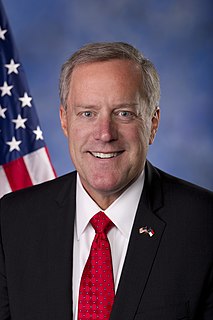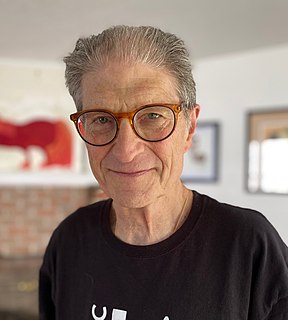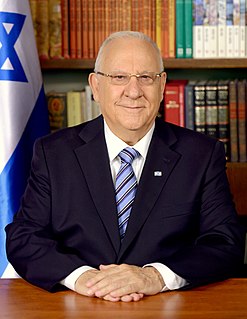A Quote by Shimon Peres
In the Middle East, the conflict today is a matter of generations and not of cultures.
Quote Topics
Related Quotes
I think President Barack Obama came to office with quite fundamental understandings in his mind about what's possible and what's not possible in the Middle East. The first, I would say, revolutionary breakthrough that he introduced is that the Middle East doesn't matter to American geostrategy as much as we think.
Absorbing. . . . Scrupulously reported . . . illuminates today’s Middle East. . . . The ‘least interventionist of any modern president,’ the father of the Eisenhower Doctrine that still defines US policy in the Middle East . . . in 1956 battled demons in bodies personal and politic and in the desert – and prevailed. Nichols’ book, written lean enough to allow the facts to speak for themselves, makes for exciting history.
There seems also to be a tremendous risk to indigenous cultures if we insist that all scholarship be conducted in English. We are, for example, dealing with ancient and very highly-developed cultures in Korea, Japan, China and the Middle East. What is the impact on cultural and scholarly vitality forcing everyone to do their work in English? I do not have an answer, but this issue has been very much on my mind.












































